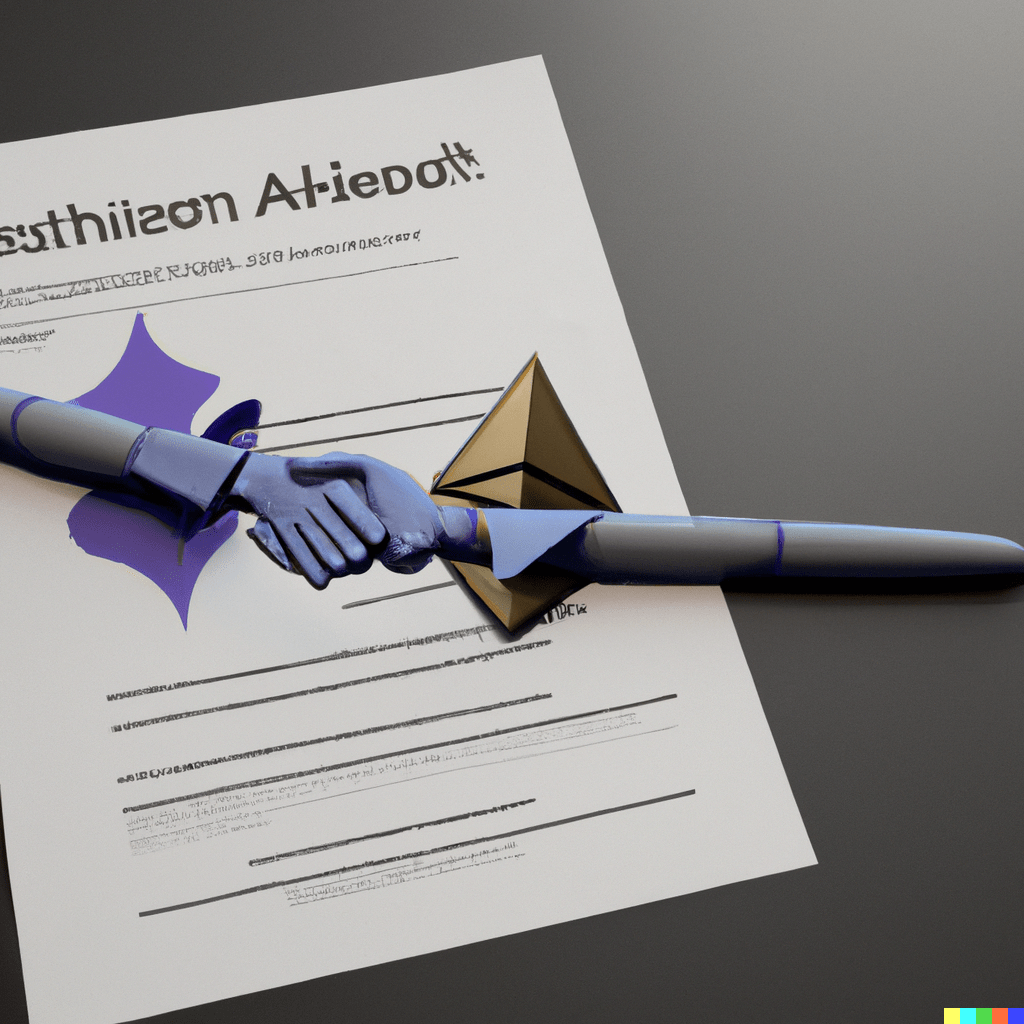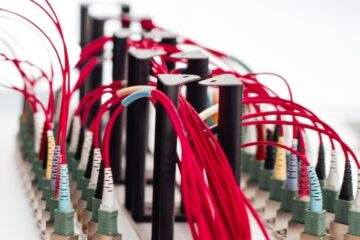Smart contracts are self-executing digital contracts that are built on blockchain technology. They allow for the automation of contractual agreements, as well as the verification and enforcement of their terms. In this blog, we will explore what smart contracts are, how they work, and their potential applications.
Introduction
Smart contracts are digital programs that are designed to automatically execute the terms of a contract. They are built on blockchain technology, which allows for the creation of a decentralized, tamper-proof network that can be used to verify and enforce the terms of a contract without the need for intermediaries.
What Are Smart Contracts?

Smart contracts are computer programs that are designed to execute the terms of a contract automatically. They are self-executing, which means that once the conditions of the contract are met, the contract is automatically enforced. Smart contracts are stored on a blockchain, which makes them secure, transparent, and tamper-proof.
How Do Smart Contracts Work?
Smart contracts work by using a set of rules and conditions that are encoded in the program. When certain conditions are met, the smart contract automatically executes the terms of the contract. This automation eliminates the need for intermediaries, such as lawyers or banks, which reduces costs and increases efficiency.
Smart contracts are built on blockchain technology, which provides a secure and decentralized network for their operation. This means that once a smart contract is deployed on a blockchain, it cannot be altered or tampered with. All parties involved in the contract can view and verify its terms, which increases transparency and trust.
Potential Applications of Smart Contracts
Smart contracts have the potential to revolutionize a variety of industries, including finance, real estate, and supply chain management. Here are a few examples of how smart contracts can be used:
1. Finance
Smart contracts can be used to automate financial transactions, such as the issuance of bonds, insurance claims, and the settlement of trades. This can reduce costs and increase efficiency, as well as eliminate the need for intermediaries.
2. Real Estate
Smart contracts can be used to automate the sale and transfer of property. This can reduce the time and costs associated with traditional real estate transactions, as well as increase transparency and trust.
3. Supply Chain Management
Smart contracts can be used to track the movement of goods throughout the supply chain, as well as verify the authenticity and quality of products. This can increase efficiency and reduce costs, as well as improve transparency and trust.
Conclusion
Smart contracts are self-executing digital contracts that are built on blockchain technology. They allow for the automation of contractual agreements, as well as the verification and enforcement of their terms. By eliminating intermediaries, increasing transparency, and reducing costs, smart contracts have the potential to revolutionize a variety of industries, including finance, real estate, and supply chain management.


